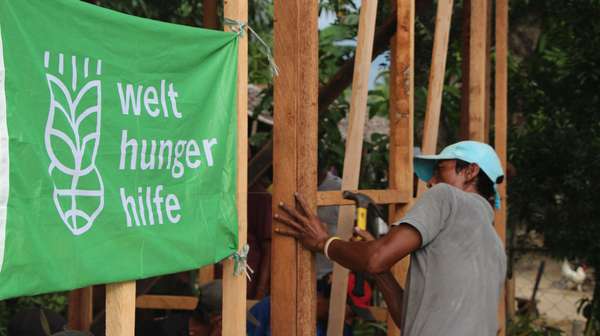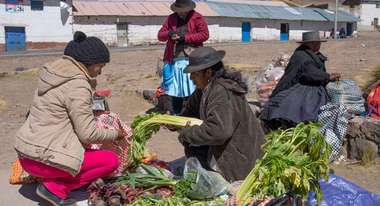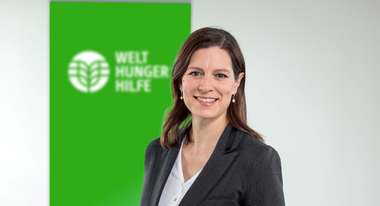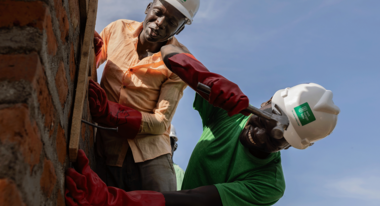Mistakes are Human
With an experience of 55 years Welthungerhilfe still wants to improve it's aid measurements. The organisation aims to learn from mistakes made in the past, to avoid them in the future.
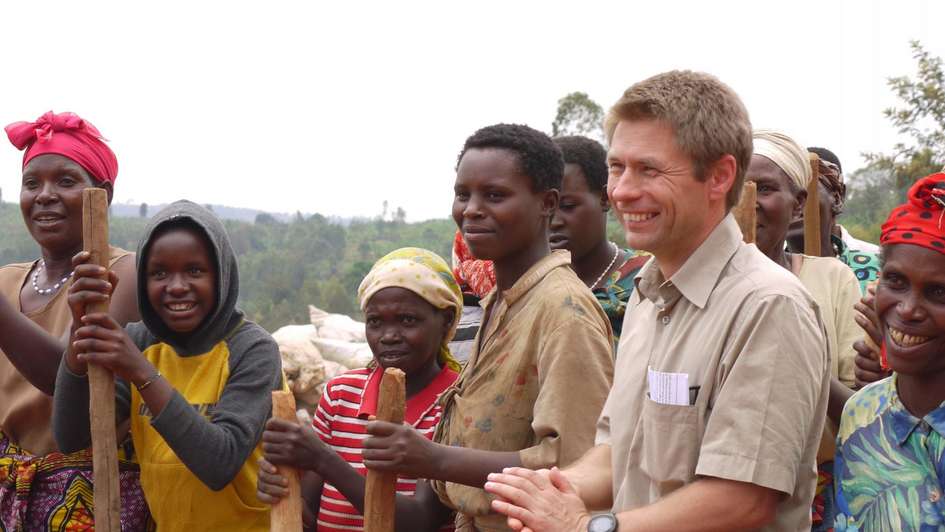
Optimal emergency aid – not that easy
Welthungerhilfe is already 55 years old, but it is still learning, in particular from mistakes that happen once and should not be repeated. For many years, for example, we relied on our colleagues on the ground when a country was suddenly thrust into crisis due to war or natural disaster. We thought that these employees were already there and knew how things worked.
Wrong. A disaster can, after all, change a country overnight. A good long-term development aid worker is rarely also a good emergency aid worker. She can develop sustainable structures while involving the population. But can she step away from all of that for a moment and instead knuckle down, handle aid supply logistics and explain to furious people why they have yet to receive any blankets or food? We have learned from these mistakes and restructured our Emergency Response Team, which now assumes leadership after a disaster, permitting it to help as quickly and efficiently as possible.
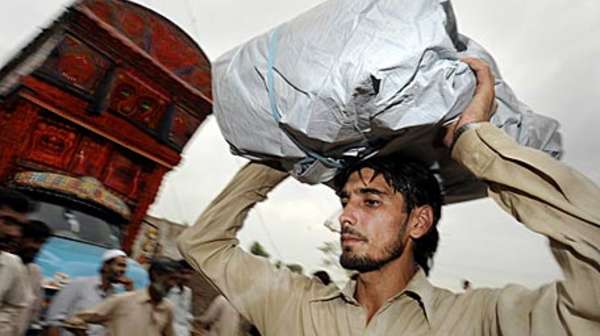
Cross-continental communication
This problem was of our own doing and easily solved. However, most difficulties arise in restrictive states in which governments obstruct our path by constantly changing the legal framework of our activities or by restricting our mobility. Such countries are also subject to high rates of employee turnover, causing any expertise gained to be lost again. Other problems yet already arise during the project planning stage, when donors issue short-term donations and we develop a project in great haste. This easily leads to discrepancies. If they are not resolved, the project starts with false assumptions.
We encourage our employees to communicate across continental boundaries rather than to wait for instructions and expert opinions from the Bonn HQ. Through our intranet, they can network in virtual classrooms and participate in annual sector conferences or in the south-south exchange of various working groups.
Welthungerhilfe has always been rather self-critical
Despite all good intentions, non-governmental organisations are not good per se; we, too, must show our cards – to our public and private donors and also to our project participants. Everyone on the ground has a right to participate in the project planning process and to know to what they are entitled. For this reason, Welthungerhilfe has adopted new, international quality-control standards, the Core Humanitarian Standard (CHS), with which we commit to greater accountability toward project participants, for example with binding complaint mechanisms.
Welthungerhilfe has always been rather self-critical. This is probably because we have to convince private and public donors of our efforts time and time again and cannot rest on our laurels. However, individual employees are more and more willing to report grievances and problems in order to prevent their colleagues from making the same mistakes. In some project countries, the willingness to talk openly about mistakes is less prevalent, be it out of fear or politeness. This is therefore an important message:
“Please be open with us if something is not working. If we do not recognise mistakes, we cannot make any progress.”





